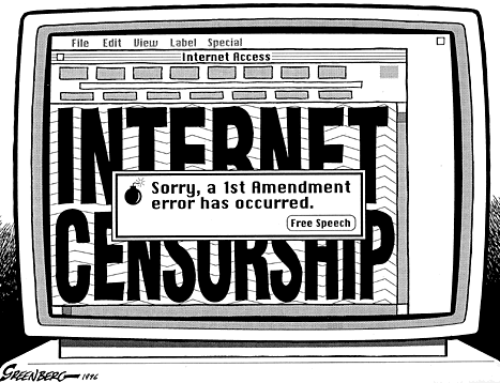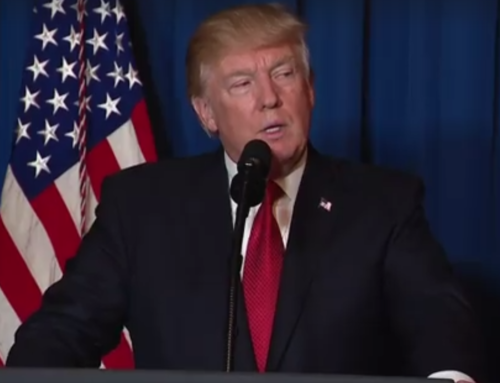Last June the Supreme Court’s unanimous answer was NO. A band named “The Slants” was denied government trademarking because the name could be seen as demeaning to Asian Americans. They felt trademark denial based on their name violated their First Amendment right to freedom of speech. The Supreme Court ruled that viewpoint discrimination – even if it’s only alleged – is unconstitutional. The group wasn’t forced to disband and could continue performing, but they could not receive trademark protection against unauthorized use because of its potential to be seen as hate speech. Hate speech is not protected by the First Amendment.
Why are we talking about this same issue a year later? Organizers of the white supremacist “Unite The Right” rally in Charlottesville last August are being sued by the city and several small businesses to deter future rallies. They believe the lawsuits are unjust and that their First Amendment right to freedom of speech was not protected by the police chief and attending officers.
Now, the rally itself began as a protest to the removal of a statue of Confederate General Robert E. Lee from a city park. If what happened was isolated to that issue I could see where the groups were coming from. They absolutely have a right to gather and express their disagreement for the removal of the statue.
It quickly became far more than a protest for a statue, it became a rally to advocate for white supremacy – and a violent one at that. The rally continued into the next day. Private militias showed up in camouflage with shields, clubs, chemical sprays, rifles and semi automatics. Fights broke out as a group of counter-protestors grew.
James Alex Fields Jr. intentionally drove his car into a crowd of counter-protestors, injuring over a dozen people and killing Heather Heyer. Two state troopers monitoring the rally from a helicopter died when it crashed. It was a traumatic event documented in scrutinizing detail through social media posts. The extremism of the event prompted Facebook to pledge to remove any posts containing threats of physical harm. This was about far more than the freedom of speech and the right to organize.
Yes, we have the right to organize and voice our beliefs. When expressing our beliefs becomes a call for violence it can no longer be protected by the First Amendment. I doubt this case will make it to the SCOTUS, but if it does I’m confident that their ruling would be the same.







Leave A Comment